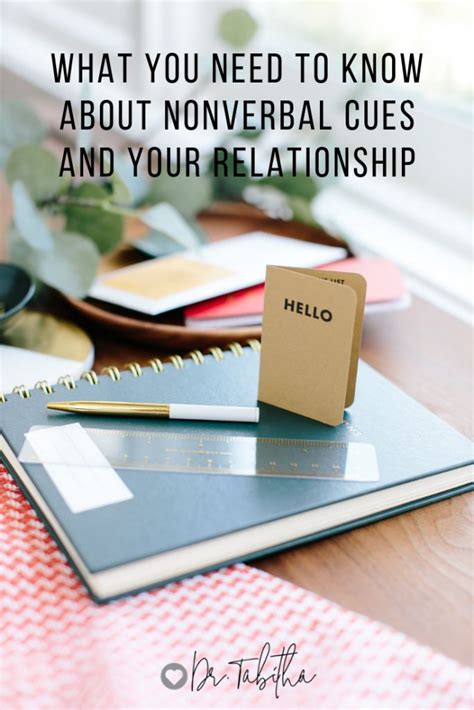Mastering Conflict: A Man’s Guide to Communication and Trust
Navigating conflict is an inevitable part of any relationship, and for men, developing effective communication strategies is paramount not only to resolve disagreements but also to forge deeper, more lasting bonds of trust. Traditional masculine ideals often emphasize stoicism and problem-solving, which, while valuable in some contexts, can sometimes hinder open emotional expression and empathetic listening crucial for relationship health.
This article delves into practical communication tactics that empower men to approach conflict constructively, understand their partners better, and build an unshakeable foundation of mutual trust and respect. It’s about shifting from reactive responses to proactive, intentional engagement.

The Foundation: Active Listening and Empathy
One of the most powerful tools in a man’s communication arsenal is active listening. This means more than just waiting for your turn to speak; it involves truly hearing and understanding your partner’s perspective, feelings, and needs. Practice techniques like mirroring (rephrasing what your partner said to confirm understanding) and asking clarifying questions.
Empathy goes hand-in-hand with active listening. It’s the ability to put yourself in your partner’s shoes and understand their emotions, even if you don’t fully agree with their viewpoint. Acknowledging their feelings with phrases like, “I can see why you’d feel frustrated about that,” validates their experience and diffuses tension, opening the door for constructive dialogue.
Using “I” Statements for Clear Expression
When conflict arises, it’s easy to fall into the trap of using “you” statements, which often sound accusatory and put the other person on the defensive (“You always do X,” “You make me feel Y”). This shuts down communication. Instead, men can learn to articulate their feelings and needs using “I” statements.
For example, instead of “You never help with the chores,” try “I feel overwhelmed when the house isn’t tidy, and I would appreciate your help.” This shifts the focus to your experience and feelings, making it easier for your partner to hear and respond without feeling attacked. It fosters a sense of shared responsibility rather than blame.

Strategic Pausing and De-escalation
Emotions can run high during conflict, leading to regrettable words or actions. Learning to take a strategic pause is a vital tactic. This might mean suggesting a break from the discussion to cool down (“Let’s take 20 minutes to gather our thoughts and then revisit this”). The key is to commit to returning to the conversation, not avoiding it.
De-escalation also involves recognizing when a conversation is spiraling. A man can take the lead in calming the situation by lowering his voice, maintaining open body language, and reaffirming his commitment to the relationship and finding a solution, rather than winning an argument.
Building Trust Through Consistency and Vulnerability
Trust isn’t built in a day; it’s forged through consistent actions and honest communication over time. For men, this means following through on commitments, being reliable, and demonstrating integrity in both small and large matters. When your words and actions align, trust naturally deepens.
Vulnerability, often perceived as a challenge for men, is a cornerstone of deep trust. Sharing your fears, uncertainties, and emotional needs (within appropriate boundaries) shows your partner that you trust them enough to be your authentic self. This encourages them to reciprocate, creating a powerful cycle of intimacy and mutual understanding.

The Power of Sincere Apologies and Appreciation
When mistakes are made – and they will be – a sincere apology can mend cracks in trust. A genuine apology involves taking responsibility for your actions, acknowledging the impact on your partner, expressing regret, and ideally, outlining what you’ll do differently in the future. Avoid conditional apologies (“I’m sorry IF you felt hurt”).
Equally important is the regular expression of appreciation. Men can strengthen trust by frequently acknowledging and verbalizing their gratitude for their partner’s efforts, qualities, and contributions to the relationship. This reinforces positive feelings and creates a sense of being valued and seen.

Embracing Non-Verbal Communication
Communication isn’t just about words; it’s also about what isn’t said. Men can significantly improve their conflict navigation and trust-building by paying attention to and utilizing non-verbal cues. This includes maintaining appropriate eye contact, having open body language (uncrossed arms, facing your partner), and offering reassuring touches.
A warm touch, a nod of understanding, or a supportive posture can convey empathy and care more powerfully than words alone, especially during emotionally charged discussions. Conversely, avoiding eye contact, sighing, or turning away can quickly escalate tension and erode trust.

Conclusion: A Path to Stronger Bonds
For men, mastering communication in conflict isn’t about changing who they are; it’s about expanding their toolkit to build stronger, more resilient relationships. By embracing active listening, using “I” statements, practicing de-escalation, showing vulnerability, offering sincere apologies, expressing appreciation, and understanding non-verbal cues, men can transform conflict from a destructive force into an opportunity for growth and deeper connection. These tactics, practiced consistently, pave the way for lasting trust and truly fulfilling partnerships.



